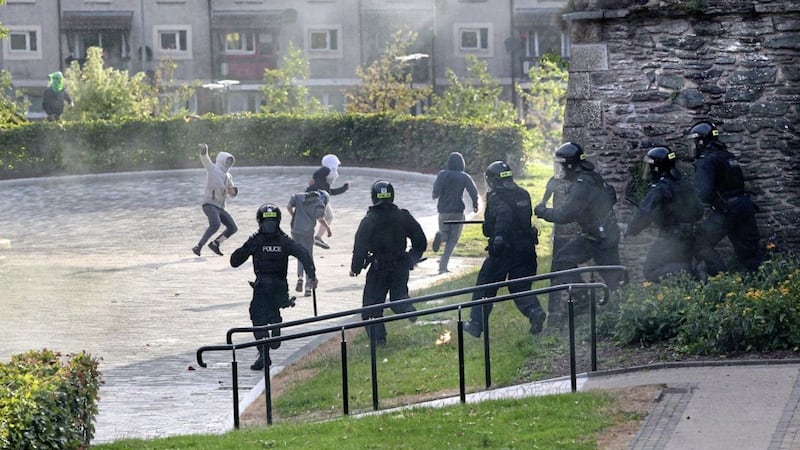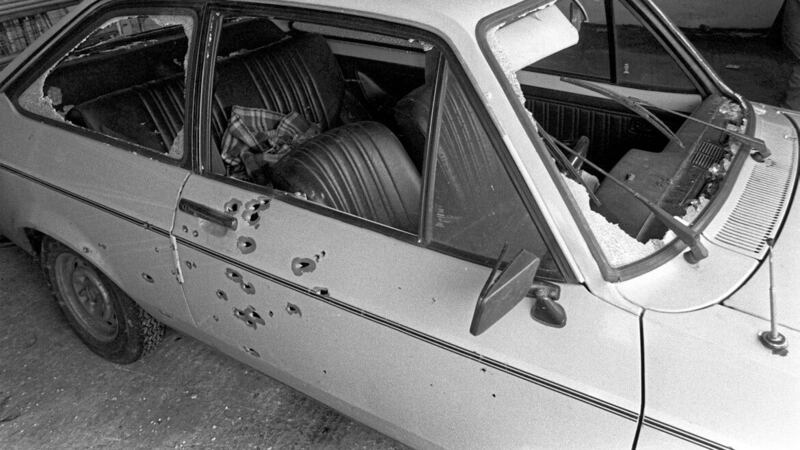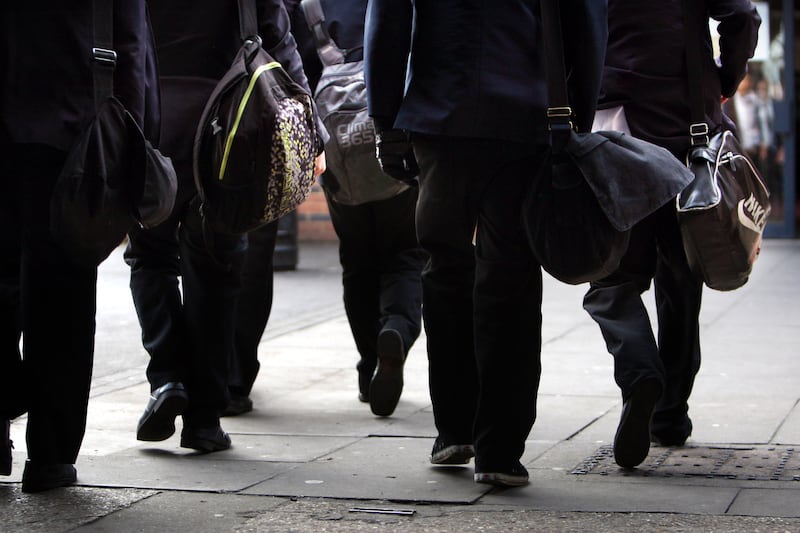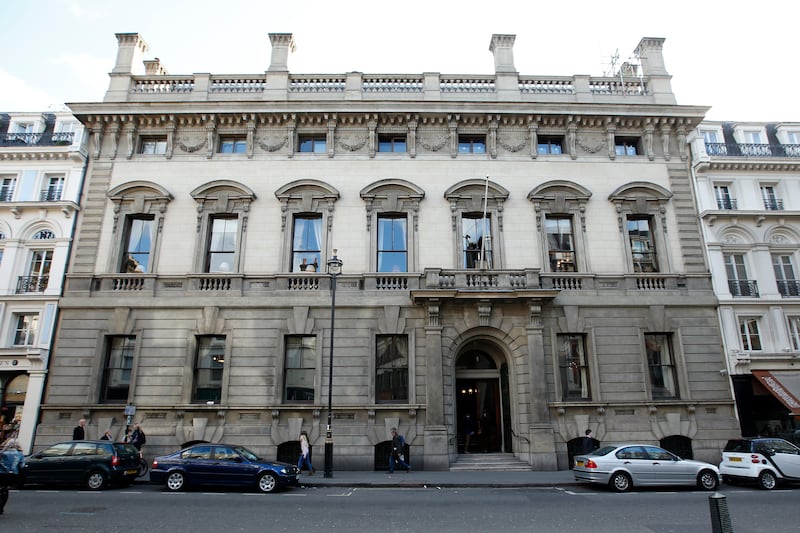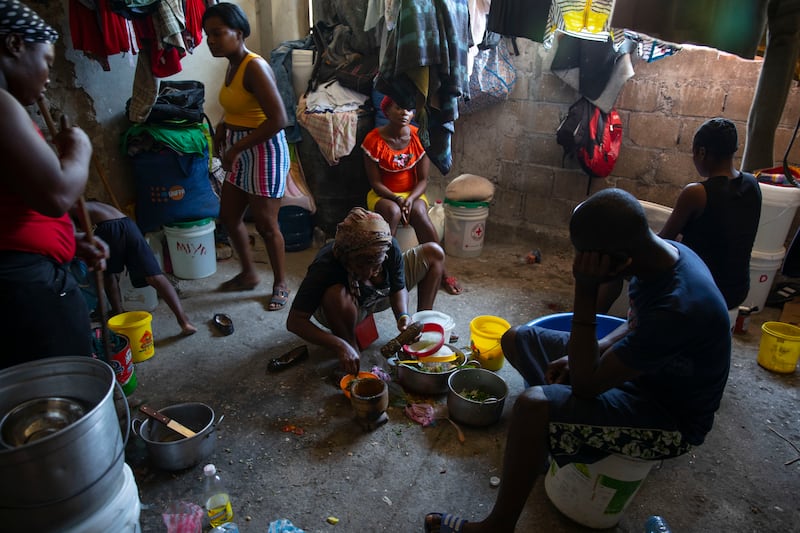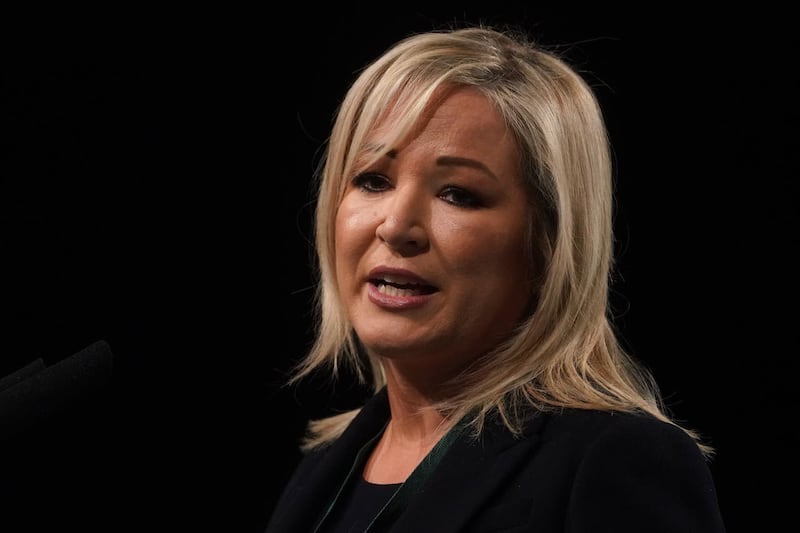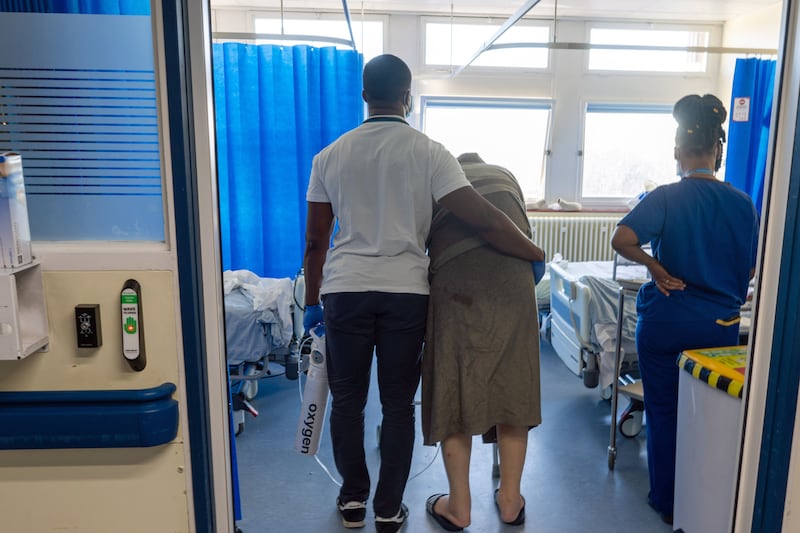DERRY'S descent into a week-long sectarian rioting, punctuated by lethal attacks on police, has been as unexpected as it has been shocking to outside observers.
The city has long been held up as the model for cross-community resolutions in trouble spots across Northern Ireland, a blueprint for how both sides of the religious and political divides can live in harmony.
As recently as April a new EU-funded peace initiative was launched to offer Derry's experience in overcoming disputes to other groups.
Derry Model, operated through the Bloody Sunday Trust, is based on breakthroughs achieved in the city, including the city council's 1973 decision to share power and the 2000 agreement the Apprentice Boys and Bogside residents group reached over contentious parades.
Scenes of the streets burning after petrol bomb attacks from that same Bogside on riot police and fresh bulletholes scarring the city's walls do not fit the popular narrative.
There is no doubt that, while the rest of the north was mired in a tortuous - and often violent - replaying of a centuries-long struggle between neighbours, Derry was a shining beacon of hope.
The resolution of Belfast's last contentious parade, at Ardoyne, finally came last year - 17 years after a peaceful marching season was achieved in the north's second city.
The benefits of this apparent settlement of sectarian strife have seen tourism, culture and commerce flourish in Derry.
Its infrastructure underwent a huge makeover ahead of becoming the first ever UK City of Culture in 2013, including an overhaul of Guildhall Square and Waterloo Place as well as the development of the city's maritime museum at Ebrington Square.
There were 535,000 visitors to the city that year, with 28,000 hotel rooms sold out, and its legacy continues.
"The city centre is bustling with tourists, pubs and restaurants and so on are going very well," activist and Derry native Eamonn McCann said.
"There is a general air of bustle and contentment, as a commercial area it is very imaginative and there are well-funded community activities going on. There's a festival every week."
However, the historic city has never truly shaken off the shackles of paramilitarism.
"There is a very old ideology that's ringing bells with 14-year-old people in the Bogside, that have no idea of what came before in the Troubles and grew up in a mindset of celebration of the armed struggle," Mr McCann said.
Vigilante group Republican Action Against Drugs formed in late 2008, targeting those who it claimed were drug dealers with so-called punishment shootings and pipe-bomb or arson attacks on the property of alleged dealers.
In 2012 it merged with the Real IRA and other republican paramilitary groups to create the New IRA.
That year it was reported that 85 young men had been shot in attacks in 12 months and up to 200 forced to flee the city.
There was, Mr McCann says, a huge swathe of its population who were not enjoying the benefits of Derry's flowering.
The socialist commentator said Derry is similar to other cities across the north and in Britain where there is deprivation, and generations of families struggle to make ends meet on benefits, in low-pay jobs and zero-hours contracts.
There is, he says, a significant prescription drug problem in the city.
"The distinctive thing about Northern Ireland is there is a particular tradition that can be called on to justify a political system that channels that anger in a particular direction," he said.
